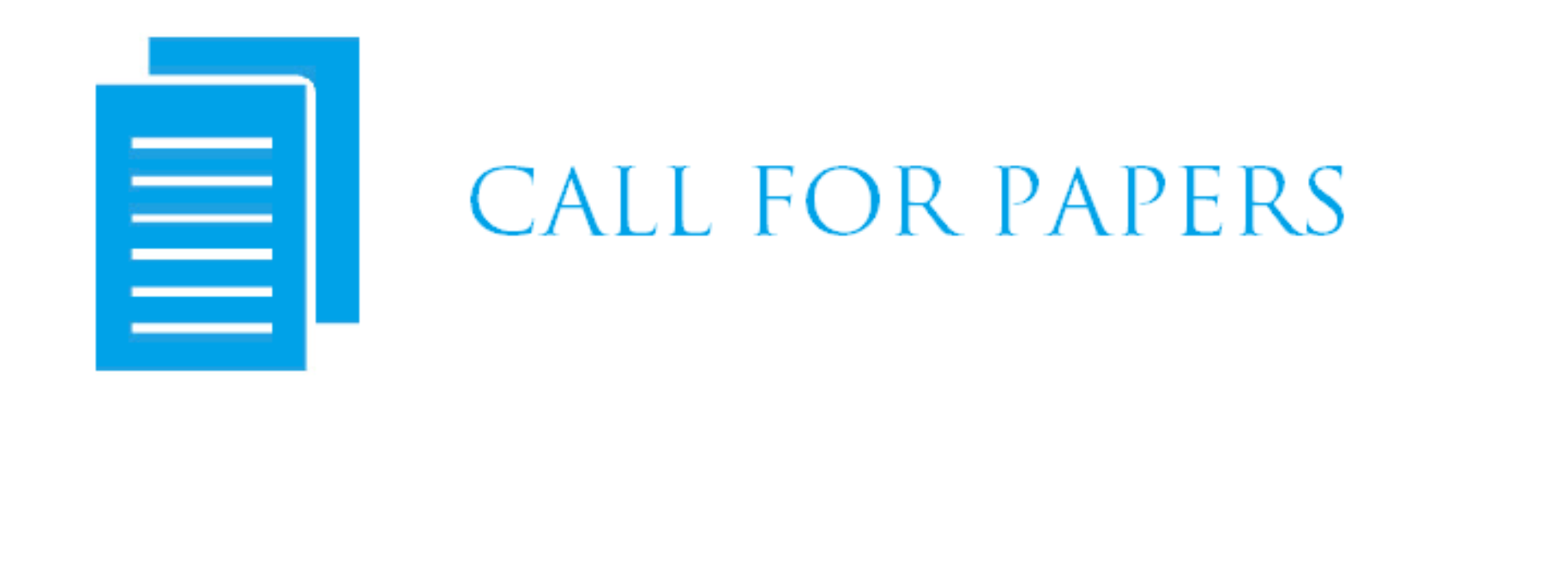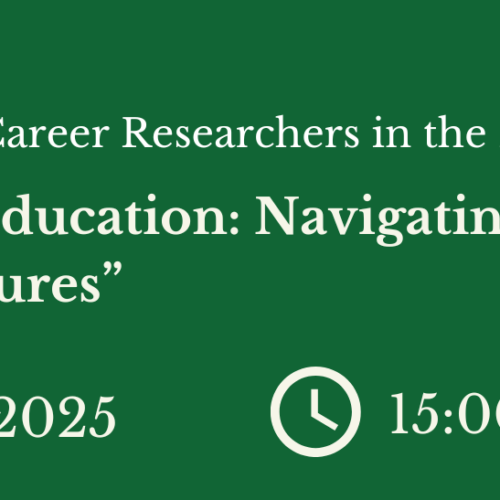CFP: Jahrbuch für Historische Bildungsforschung 25
Call for Papers
Jahrbuch für Historische Bildungsforschung 25 (2019)
“1919: Democratisation, Educational System, and Political Education”
Editorial management: Edith Glaser & Carola Groppe
After political upheavals it has been and will again and again rely on the power of education. This was also the case in the Weimar Republic. Educational policy utopias were brought into legal as well as institutional forms and characterized social and educational-internal debates. In this context, not least the concept of democracy was controversial and contested. Its conceptual span in the Weimar Republic ranged from collectivist communitarian utopias to comprehensive parliamentarization and democratic participation in all organizations and institutions, including the education system. However, it also included issues of participation in education. With reference to the epoch between the end of the First World War and the assumption of power by the National Socialists debates on democracy and democratization, the role of the education system and its reform in this context should take place and the question of a societal need for political education should be discussed. In addition, analyzes of state reform measures and their successes and failures in the education system, as well as governmental and private initiatives in the welfare sector, from preschool to social work and in adult education, are also important for the topic. What struggles for democratization and participation in education have been fought? Which counter-concepts and projects were pursued, partly in explicit defense against democracy and increasing participation in education?
The upcoming jubilee “100 Years of the Weimar Constitution” in August 2019 should be taken as an opportunity to shed more light on the trend-setting legal requirements in the “school articles” for the educational policy of the coming decades with regard to the accompanying pedagogical debates and theoretical analyzes of the contemporaries. Not least to understand the Weimar period as an epoch in which it was fought with the help of education on the future orientation of the state and society and partly fought politically fanatically. What pedagogical ideas and concepts, groups, movements and individuals made their voice heard in the educational system and in public debates on education is an equally instructive question in the history of education as well as the hitherto neglected question of research on the correspondence of individual areas: the political education with the institutional reform, the educational ideas and concepts with legal measures and so forth.
If so far the so-called “Weimar school compromise” dominated a large part of the educational historical classification, in this focus the options and debates on more educational equity and a democratic future of the educational system in its institutional and non-institutional contexts (for example preschool, adult education) should be discussed more widely.
For when youth-oriented adult educators aspired to “Volkbildung durch Volksbildung”, union activists founded an “institution of higher education for the people of work” and reform-educational school projects became part of the public school system these initiatives always understood themselves as education for democracy and as elements a democratic education system, as an education for the new state. The universities were, for example, in Prussia by the Ministers of Culture Konrad Haenisch and Carl Heinrich Becker, involved in a new civic oriented educational work. At the same time, the education system must always count on a sense of democracy enmity from within, from parts of the teachers and the teachers in higher education institutions, and even on the agitation of anti-democratic interest groups and people. Since the years between the end of the First World War and the beginning of the National Socialist rule were not only in Germany an epoch of upheavals and attempted new beginnings, the focus should also be on debates and reforms of education in the young nation states, which formed after the end of the Austrian-Hungarian Dual Monarchy, and on transnational exchange. Individual studies, comparisons and cross-national questions of transnational nature can contribute to broadening the educational historical knowledge about the challenges of all new states. Although the term “political education” was only able to assert itself in the early Federal Republic – together with the academic discipline “political science” as a result of reeducation – for the scholastic and extracurricular areas it was already present after the First World War, oscillating between civic instruction and civic education. How this concept, its problems and its implementation attempts in the Weimar Republic compared with other states that faced similar challenges would be another possible perspective of analysis.
On the question of education, educational system reform, democracy, and its discussed alternatives, manifold educational historical accesses to institutions, protagonists, theoretical designs and pedagogical practices intersect. Therefore, this call for contributions aims at several levels:
– Which levels of democratization have been addressed or rejected in the educational discourse?
– Did other aspects than social inequality play a role, eg. emancipation of women, confessionalism, homosexuality?
– What options for social advancement through education have been reinforced or made possible, both in schools and at higher education institutions (eg. working students), and how have these been prepared, discussed and justified?
– By what developments ascension processes and processes of reproduction were possibly made more difficult?
– How and by whom youth care and youth welfare, early childhood education and care were taken into account and developed in the process of democratization?
– How and with what goals (strengthening or defending democracy and educational opportunities) representatives of pedagogy and the discipline of educational science as scientific advisers mingled in the design of the process of democratization of the education system and its contexts on the counseling level and on the level of action?
– How did teachers and professors react to the content-related and institutional democratization requirements?
– Were the international educational organizations (such as “new education fellowship”) and their congresses places of circulation of pedagogical knowledge?
Please send your exposé until 06/30/2018 via e-mail to the editors. Invitations to the authors are being made until 08/01/018. The contributions must be available by 11/15/2018. The appraisal and revision of the contributions will be completed until 03/31/2019. The book will be published in July / August 2019.
We also invite you to submit educational historical contributions for the areas treaties and sources that are not related to focus.
Editors:
Prof. Dr. Edith Glaser, Universität Kassel
Prof. Dr. Carola Groppe, Helmut-Schmidt-Universität, Universität der Bundeswehr Hamburg
Dr. Joachim Scholz, Bibliothek für Bildungsgeschichtliche Forschung
Kontakt: Dr. Joachim Scholz (scholz@dipf.de)
Further information available here
About author
You might also like
Refugees in/and Education throughout Time in Europe
Joint Network call for proposals for ECER in Glasgow (25-28 August 2020) for special network focus on Refugees in/and Education throughout Time in Europe: Re- and Deconstructions of Discourses, Policies
CfP: SIPSE National Conference – Covid-19 caused postponement:
“The Educational Heritage as a Resource for Renewing School and University Teaching: Experiences and Perspectives.” Covid-19 caused postponement: PADOVA, October 7-8, 2021 Deadline for submissions: 30 November 2020 Read the
Appel aux communications L’Association canadienne d’histoire de l’éducation – 23 au 26 octobre 2014
La CHEA/ACHE sollicite des propositions de communications pour son prochain congrès. Le College of Education de la University of Saskatchewan sera l’hôte du congrès, dont le thème est « Règlementations, résistances et réconciliations : histoires de l’éducation ». En abordant ces « trois R », les conférenciers et les congressistes chercheront à découvrir si la règlementation, la résistance ou la réconciliation sont des concepts essentiels à la compréhension du changement et de la continuité dans l’histoire de l’éducation formelle et informelle.



